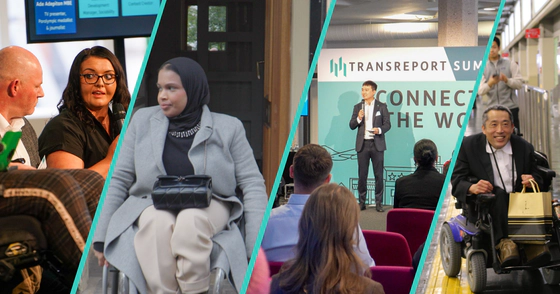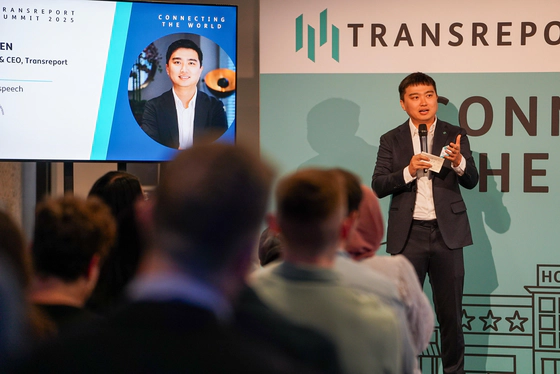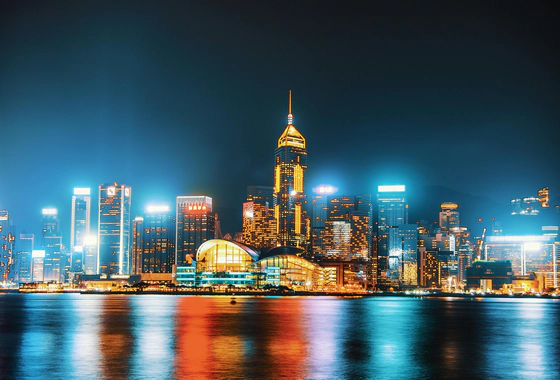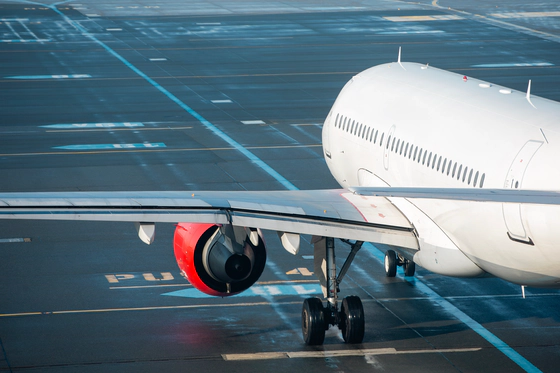
Transreport’s Impact Honoured with Official King’s Award Presentation
Transreport, a global leader in accessibility innovation, has been formally presented with the UK’s most prestigious business honour – the King’s Award for Enterprise in Innovation.
Read more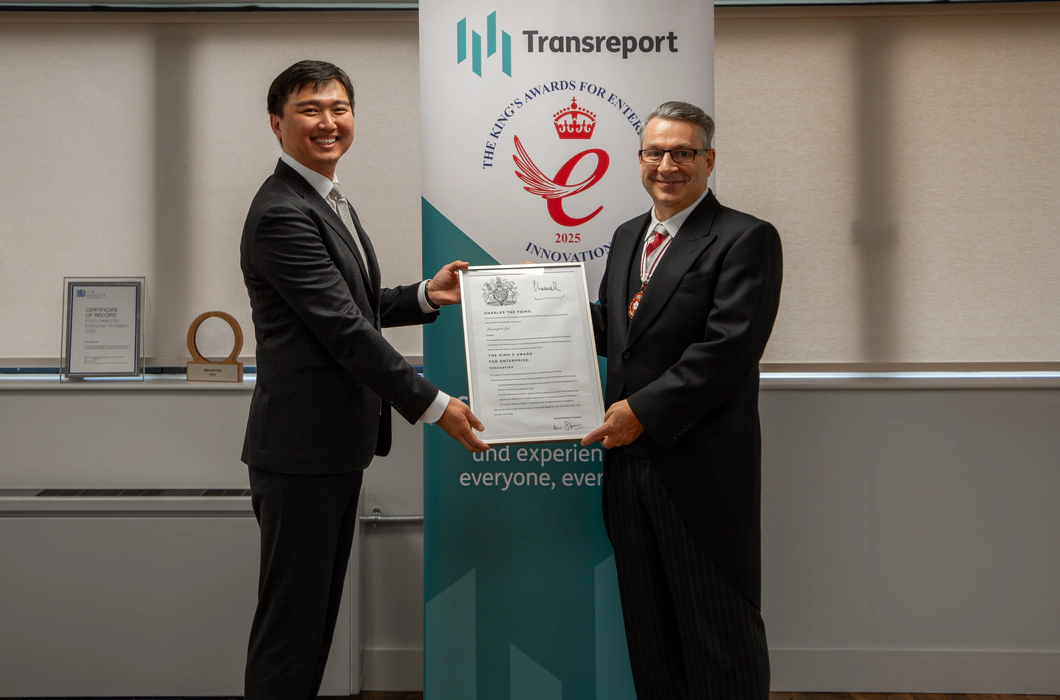
Empower Every Interaction
Deliver seamless customer experiences and communications, unlock actionable insights and lead with accessibility - all through our secure and scalable PA Product Suite.
Read more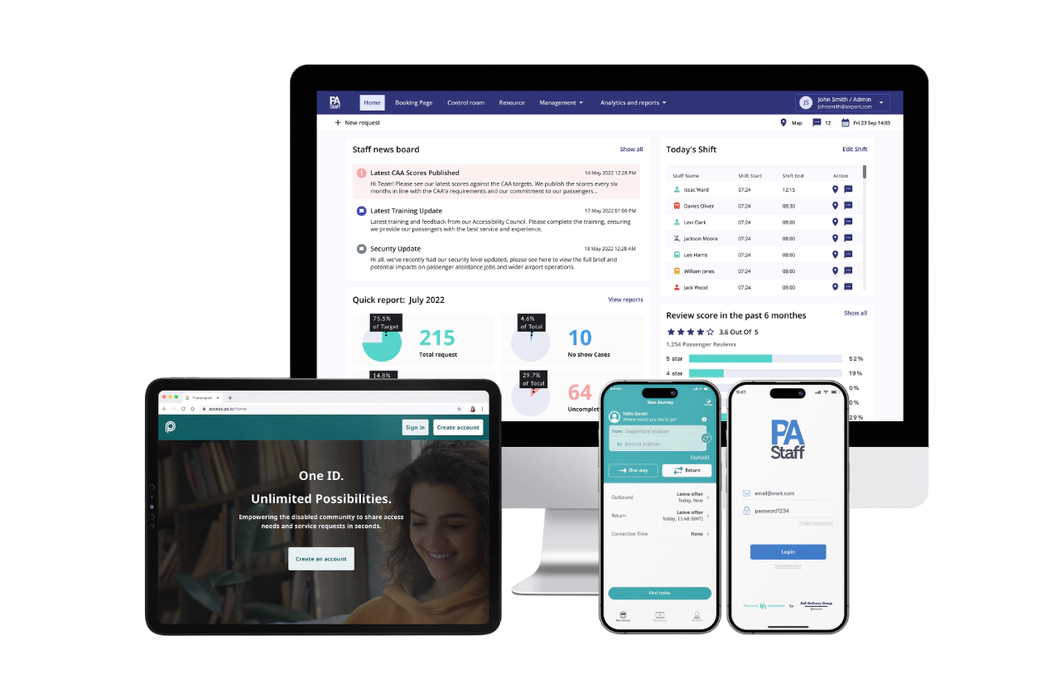
Accessibility technology business, Transreport, receives King’s Award for Enterprise
Today, Transreport has been honoured with a King’s Award for Enterprise in the category of Innovation. This prestigious recognition celebrates our commitment to creating innovative solutions that drive positive change.
Read more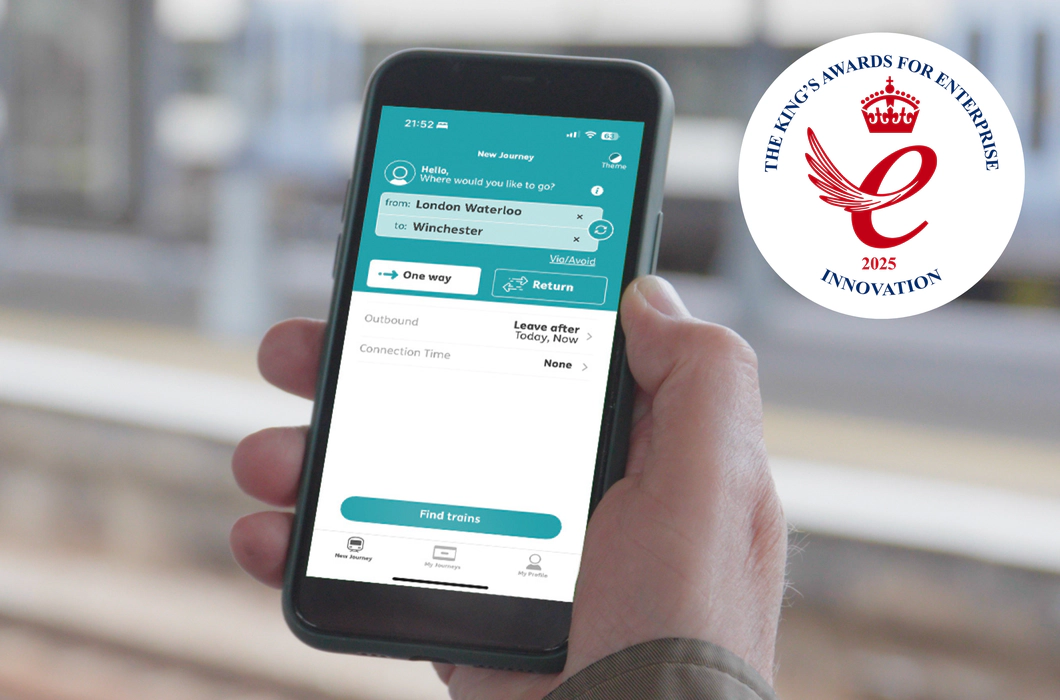
Transreport Partners with Hankyu to Launch Passenger Assistance
We are pleased to announce the upcoming launch of the web application Passenger Assistance in Japan in Spring 2025, in partnership with Hankyu Corporation
Read more
Trusted by Our Partners






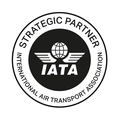


Our Products
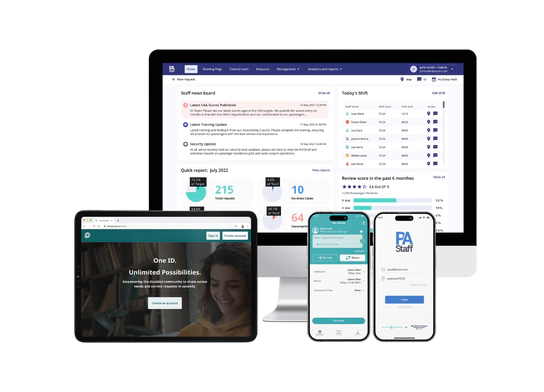
PA Product Suite
Comprised of PA for Business and PA for Consumers, our PA Product Suite empowers businesses across travel, transport, hospitality, leisure and events to cultivate a more accessible, cost-effective and customer-centric future - while making it easier for customers to communicate their access needs in advance.
Our PA for Business product suite unlocks a new era of inclusive service. Our comprehensive toolkit of staff and customer-communication technologies seamlessly integrate into existing systems, empowering staff to better understand and support their customers, streamlining operations, and delivering rich data insights to drive continuous accessibility innovation.
7M+
ASSISTANCES
For Disabled and older people, and people with access needs!
1M+
USER JOURNEYS
Improved by our PA Technology!
Building a Global Accessibility Network: Connecting People with Access Needs to Inclusive Businesses
At Transreport, we are on a mission to pioneer the world’s first global accessibility network - a secure digital platform that empowers people with access needs to communicate their requirements seamlessly, while enabling businesses to deliver truly inclusive services.
Our award-winning digital solutions enable Disabled and older people, and anyone with access needs, to communicate their accessibility requirements once and have them recognised by businesses everywhere - securely, consistently, and without repetition.
Whether it’s booking a train, checking into a hotel, or attending an event, our end-users can share a single digital profile across multiple industries to receive the right support, every time.
From transport operators to sports venues and hotels, we help businesses embed inclusivity into everyday operations - improving efficiency, meeting compliance standards, and driving long-term customer loyalty.
Together, we’re reimagining accessibility on a global scale - transforming how people travel, connect, and experience the world around them.
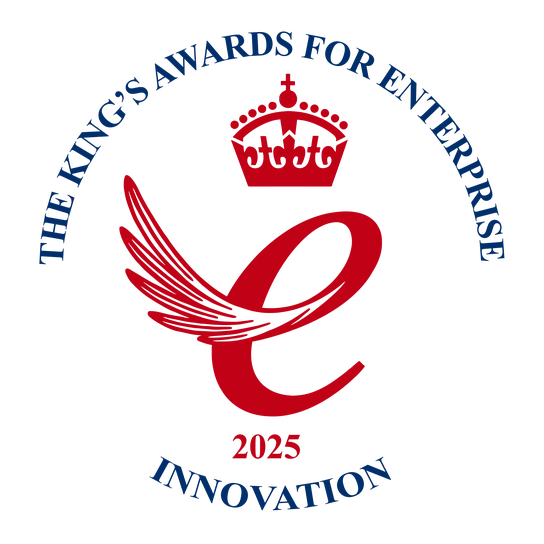
King’s Award for Enterprise - Innovation
Transreport is incredibly proud to be recognised with the prestigious King’s Award for Enterprise in the category of Innovation — one of the highest honours a UK business can receive.
This award celebrates our continued commitment to reducing barriers across travel and experiences, marking a significant milestone in our mission to create more inclusive, accessible technology across multiple industries.
Read our full press release about the King’s Award for Enterprise.
